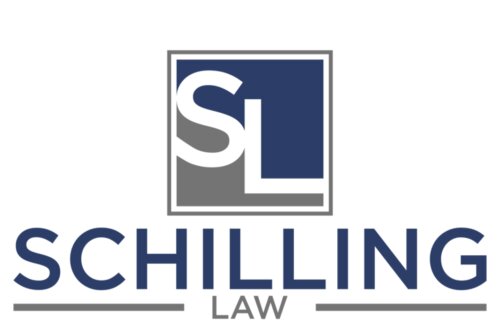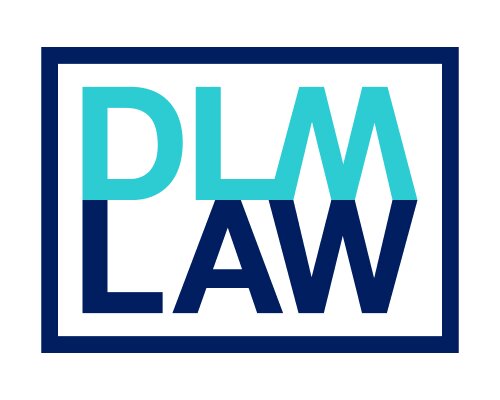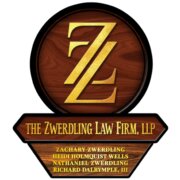Best ADR Mediation & Arbitration Lawyers in Kansas
Share your needs with us, get contacted by law firms.
Free. Takes 2 min.
Or refine your search by selecting a city:
List of the best lawyers in Kansas, United States
About ADR Mediation & Arbitration Law in Kansas, United States
Alternative Dispute Resolution (ADR) methods, including mediation and arbitration, are ways to resolve disputes outside the traditional court system. In Kansas, ADR is often used in civil, family, employment, commercial, and contract matters. Mediation involves a neutral third party assisting disputing parties to reach a voluntary agreement, while arbitration involves a neutral arbitrator who renders a binding or nonbinding decision after hearing arguments and evidence. Kansas courts, as well as private parties, regularly encourage or require ADR as a means to settle disagreements in a more timely and cost-effective manner.
Why You May Need a Lawyer
Individuals and businesses may need legal counsel in ADR mediation and arbitration for several reasons. Lawyers can help explain the process, ensure that rights are protected, draft or review agreements to be clear and enforceable, and advocate for the best possible outcome. Common situations where legal help is invaluable include:
- Complex business or contract disputes
- Divorce, child custody, or family law matters
- Employment disagreements, such as wrongful termination or wage disputes
- Consumer issues or landlord-tenant conflicts
- Interpretation and enforcement of arbitration awards
- Choosing between mediation, arbitration, or court litigation
Local Laws Overview
Kansas law encourages the use of ADR and provides a legal framework for both mediation and arbitration.
- Kansas has adopted the Kansas Uniform Arbitration Act (K.S.A. 5-401 et seq.), which guides most private and many court-ordered arbitrations.
- Certain courts may mandate ADR processes before a case can proceed to trial, especially in family law matters.
- The Kansas Dispute Resolution Act (K.S.A. 5-501 et seq.) authorizes and regulates the provision of dispute resolution services, including standards for mediators and programs certified by the Supreme Court.
- Mediation agreements are generally confidential, and what is said in mediation stays private unless otherwise agreed or required by law.
- Arbitration decisions can be binding and are enforceable in Kansas courts, but can only be appealed or challenged in very limited circumstances.
Frequently Asked Questions
What is the difference between mediation and arbitration?
Mediation is a confidential process where a neutral mediator helps disputing parties try to reach a voluntary agreement. Arbitration is more formal and involves one or more arbitrators who listen to each side and make a decision that may be legally binding.
Is ADR required before going to court in Kansas?
Some Kansas courts require parties to try mediation, particularly in family law cases. For civil matters, ADR is typically voluntary unless a contract provides otherwise.
Who chooses the mediator or arbitrator?
Parties usually agree on the mediator or arbitrator. If they cannot agree, the court or an administering body may appoint someone for them.
Can I still have legal representation during mediation or arbitration?
Yes. You have the right to consult with, and be accompanied by, a lawyer during ADR processes in Kansas. Lawyers help explain your options, review agreements, and represent your interests.
Are agreements reached in mediation enforceable?
Yes. Written mediation agreements that are signed by all parties can be enforced in Kansas courts, provided they comply with the law.
What types of disputes can be resolved through ADR?
Most civil matters can be addressed, including family disputes, contract and business issues, employment matters, construction problems, and more.
How long does the ADR process take?
Mediation sessions typically take a few hours to one or two days, while arbitration may take longer depending on complexity. The entire process can often be completed in weeks instead of months or years compared to trial.
How much does mediation or arbitration cost in Kansas?
Costs vary depending on the nature of the case and the professionals involved. Some court programs offer sliding scale fees or free services, while private mediators and arbitrators typically charge hourly rates.
Can decisions made in arbitration be appealed?
Appeals are limited. Kansas courts will only overturn an arbitration award in cases of fraud, misconduct, bias, or if the arbitrator exceeded their authority.
What happens if ADR does not resolve my dispute?
If mediation does not result in an agreement, or if you are not satisfied with an arbitration award (and there is legal cause), you may still have the option to proceed to court or seek another form of dispute resolution.
Additional Resources
For further support, consider the following resources:
- Kansas Judicial Branch Office of Dispute Resolution
- Kansas Bar Association - Dispute Resolution Section
- Kansas Supreme Court Approved Mediators List
- American Arbitration Association - Midwest office
- Local legal aid societies for low-income assistance
- County court ADR programs
Next Steps
If you believe ADR, mediation, or arbitration may be appropriate or are required in your case, consider speaking with an attorney experienced in dispute resolution in Kansas. You can locate lawyers through the Kansas Bar Association or local lawyer referral services. Before your meeting, prepare relevant documents, a summary of your dispute, and any prior attempts to resolve the matter. Ask about your options, expected procedures, and potential costs. If your dispute is already in court, ask your judge or court clerk about the specific ADR programs available in your county. Taking these steps ensures your rights are protected and improves the chances of a satisfactory resolution.
Lawzana helps you find the best lawyers and law firms in Kansas through a curated and pre-screened list of qualified legal professionals. Our platform offers rankings and detailed profiles of attorneys and law firms, allowing you to compare based on practice areas, including ADR Mediation & Arbitration , experience, and client feedback.
Each profile includes a description of the firm's areas of practice, client reviews, team members and partners, year of establishment, spoken languages, office locations, contact information, social media presence, and any published articles or resources. Most firms on our platform speak English and are experienced in both local and international legal matters.
Get a quote from top-rated law firms in Kansas, United States — quickly, securely, and without unnecessary hassle.
Disclaimer:
The information provided on this page is for general informational purposes only and does not constitute legal advice. While we strive to ensure the accuracy and relevance of the content, legal information may change over time, and interpretations of the law can vary. You should always consult with a qualified legal professional for advice specific to your situation.
We disclaim all liability for actions taken or not taken based on the content of this page. If you believe any information is incorrect or outdated, please contact us, and we will review and update it where appropriate.
Browse adr mediation & arbitration law firms by city in Kansas
Refine your search by selecting a city.
















